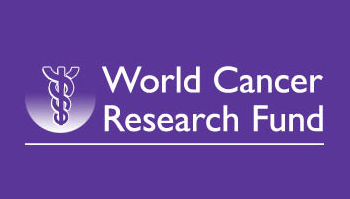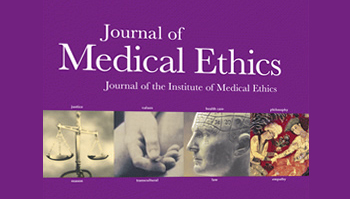Aspirin may slow recurrence in breast cancer patients
New findings published in Cancer Research reveal that some postmenopausal overweight breast cancer patients who use common anti-inflammatory drugs like aspirin or ibuprofen have significantly lower breast cancer recurrence rates.
Researchers from the Cancer Therapy & Research Center at The University of Texas Health Science Center at San Antonio and the University of Texas at Austin began by examining blood serum from CTRC breast cancer patients, said CTRC oncologist Andrew Brenner, M.D., Ph.D.
Studying Blood Serum
They placed the serum in a culture of fat cells that make oestrogen, and then placed the serum on breast cancer cells.
The serum from overweight and obese patients caused the cancer cells to grow much more aggressively than the serum from patients who were not overweight.
“It looks like the mechanism is prostaglandins, which have a role in inflammation, and there’s more of it in the obese patient serum,” Dr. Brenner said.
Based on those findings, the researchers did a retrospective study on patients from the CTRC and the START Center for Cancer Care.
They were segregated into those taking COX2 inhibitors (aspirin or ibuprofen) and those who did not.
Finding a Lower Recurrence Rate
“Patients who were on COX2 inhibitors tended to have a lower recurrence rate,” Dr. Brenner said.
Anti-inflammatory use reduced the recurrence rate of ERα positive breast cancer by 50 percent and extended patients’ disease-free period by more than two years. ER positive breast cancers, cancers that grow in response to exposure to the hormone oestrogen, are among the most common form of the disease, accounting for approximately 75 percent of diagnoses.
Cancer researcher Linda deGraffenried, Ph.D., from The University of Texas at Austin, designed the study, working closely with Dr. Brenner and Murali Beeram, M.D., a cancer specialist from the START Center.
The investigators caution that these results are preliminary.
“Overweight or obese women diagnosed with breast cancer are facing a worse prognosis than normal-weight women,” said Dr. deGraffenried, who is also adjunct assistant professor in the Department of Cellular and Structural Biology at the Health Science Center.
Facing a Different Disease
“We believe that obese women are facing a different disease. There are changes at the molecular level. We want to reduce the disease-promoting effects of obesity.”
Based on those results, the CTRC has launched a pilot anti-inflammatory trial in a joint venture with UT Austin, and the research partners are seeking funding for a larger study.
“We would like to identify which women are most likely to benefit from interventions like adding NSAIDs to treatment regimens,” Dr. deGraffenried said.
Source: University of Texas Health Science Center at San Antonio
























